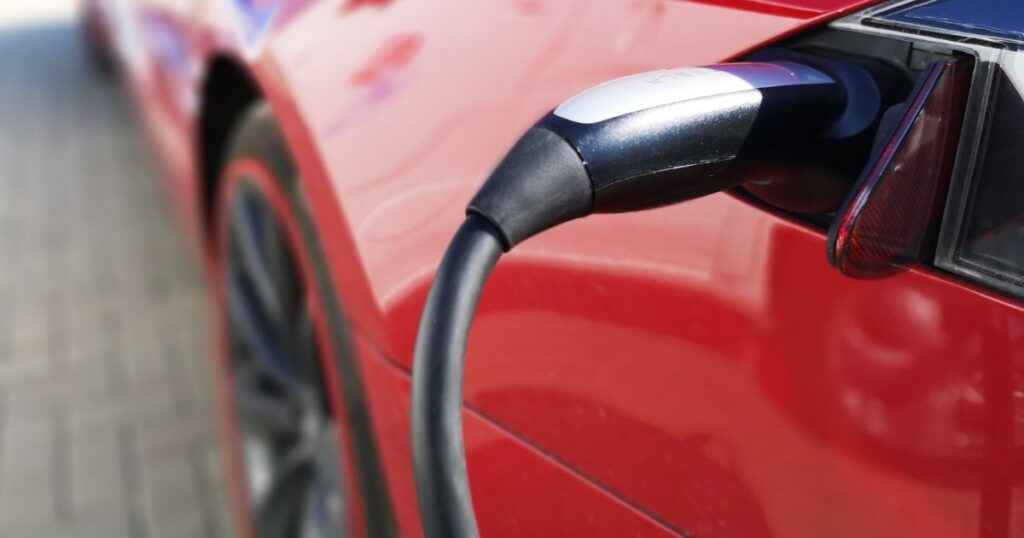Consumer Attitudes towards Electric Vehicles
As indicated by a recent survey from the Energy Policy Institute at the University of Chicago (EPIC) and The Associated Press-NORC Center for Public Affairs Research, more consumers are attracted to electric vehicles (EVs). However, factors such as cost, range anxiety, and a lack of charging infrastructure continue to be obstacles.
Survey Methodology
The survey utilized both probability and non-probability samples for data collection and was conducted from March 26 to April 10, 2024, targeting adults aged 18 and over across the U.S. The probability sample, drawn from NORC’s AmeriSpeak® panel, represented approximately 97% of the U.S. household population. The data were later weighted and adjusted to account for survey nonresponse and sample design discrepancies.
Financial Incentives Drive EV Adoption
About 60% of Americans see financial incentives such as gas savings and reduced vehicle maintenance costs as significant motivators for adopting EVs. This is coupled with the desire to lessen personal carbon footprints. The importance of climate change and energy policies in the 2024 election reflects these emerging sentiments.
Consumer Attitude Shift
66% of adults cited climate consciousness as a primary reason for considering an EV purchase, according to the survey. However, high costs and worries about range and charging infrastructure remain key deterrents. Despite improvements in charging station availability, about two-thirds of Americans are unaware of charging facilities near them.
Climate Change: A Divisive Issue
Climate change acknowledgment varies by political affiliation. 93% of Democrats recognize climate change, compared to 62% of Republicans. Similar patterns are seen when attributing human activity to climate change, with 67% of Democrats and only 34% of Republicans agreeing.
Policy Preferences
Over half of Americans support stricter emissions regulations and state-funded adaptation initiatives. Opinions on fossil fuel development and renewable energy are varied. Only 43% prioritize expanding fossil fuel activities under the next presidency, while a majority support local wind and solar projects.
American-Built EVs
The American-built EV market offers models like the Ford F-150 Lightning, Chevrolet Bolt, Tesla Model 3, Model Y, Model S, Lucid Air, and Rivian R1T and R1S. These are produced across the U.S., in states like Michigan, California, and Illinois. Purchasing an American-built EV could qualify buyers for incentives under the Inflation Reduction Act.
Original Story at www.environmentenergyleader.com
